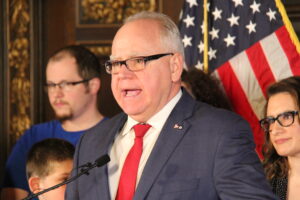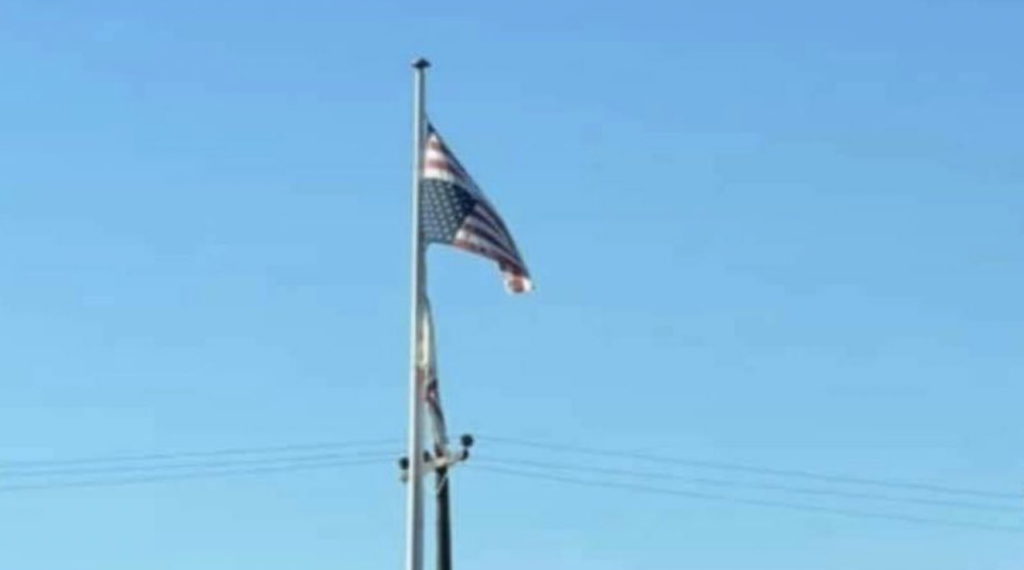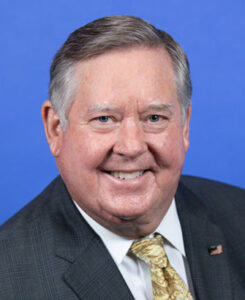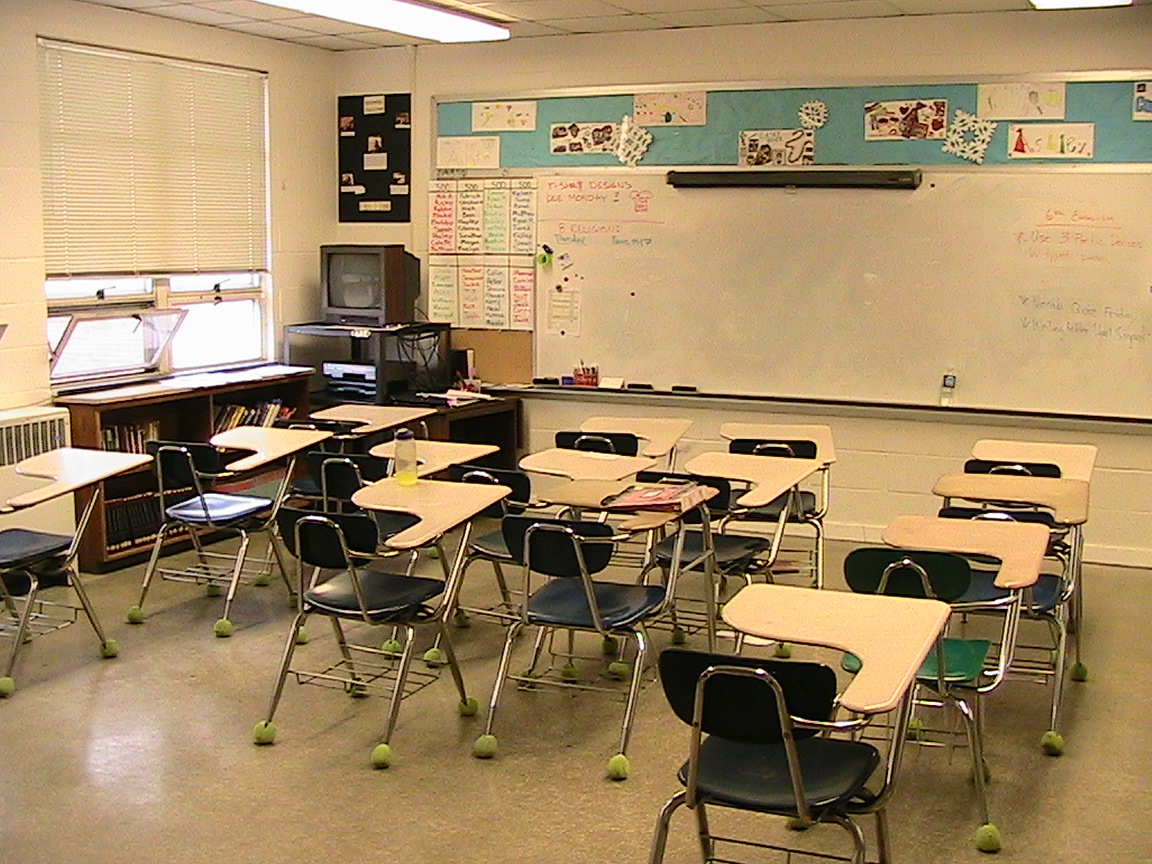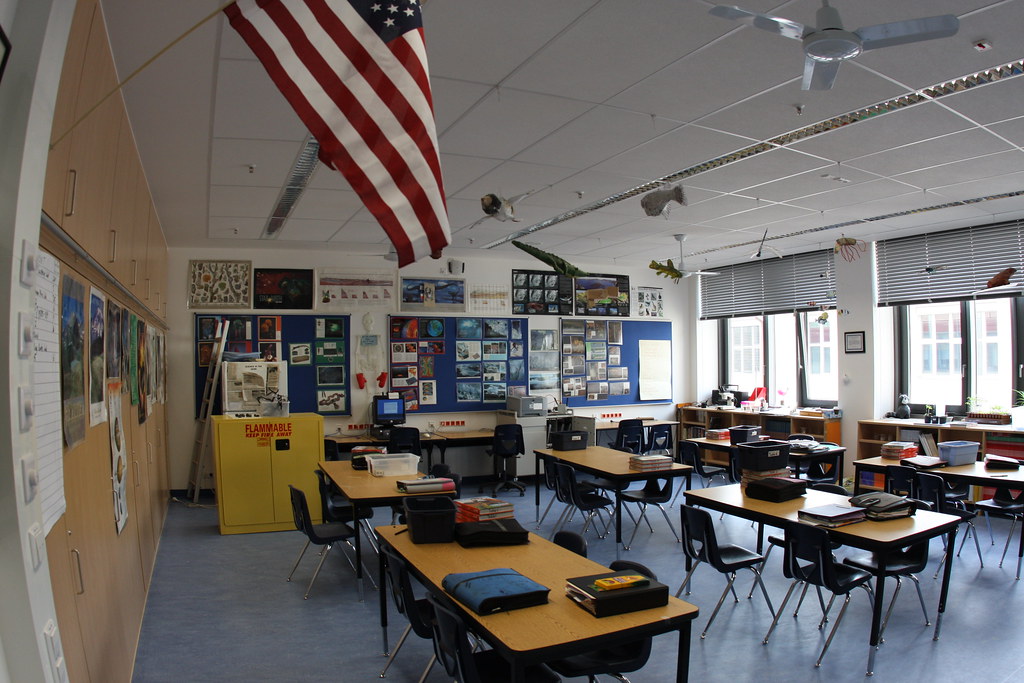
On August 31, @libsoftiktok on X (formerly Twitter) posted a series of images that have sparked
controversy, reigniting the discourse on what is acceptable in classrooms. The post highlighted
the plight of Massachusetts parents who visited their child’s class in Georgetown Middle High
School. The parents, whose child was transitioning from Penn Brook Elementary School, were
given an opportunity to tour the school.
When they got to the classrooms, however, they were shocked to find that the “pride flags
overshadowed the American Flags,” the post stated.
One of the images shared included the original Facebook caption, which asked, “Why do
educators in Georgetown feel it appropriate to hang political agenda flags that supersede the
American flag?”
The images showed pride flags in several classrooms. In one classroom, the giant pride was
hanging behind the classroom door. In another classroom, the pride flag was displayed on a wall.
In yet another class, the pride flag was displayed prominently next to a New Zealand flag.
Georgetown Middle High School has not yet responded to multiple requests for comment on the
matter as of this publication.
However, Georgetown Middle High School is not the only school to come under fire for pride
flags in its classrooms. The presence of pride flags in classrooms has sparked controversy in the
country time and time again as parents have raised concern over “indoctrination” of young
students in the name of gender and identity studies. While liberals have pushed for the
introduction of gender and identity studies for “inclusion,” parents have expressed concern over
the right of teachers and educators to teach their children about sexuality.
Parents, for the most part, want to retain their right to determine when, how, and what their
children will learn about sexuality. And as the topic sparked arguments and counterarguments, state legislators have taken it upon themselves to protect and defend the rights of children in the
classroom.
In March 2023, Iowa state Rep. Skyler Wheeler, commenting on the passed state’s parental rights
law, stated, “Parents deserve the first say on when and how certain social topics are introduced to
their children. Parents should be able to send their children to school and trust they are being
educated, not indoctrinated.”
Since 2022, states have passed laws restricting what teachers can say about gender, identity, and
sexuality, with some states choosing to outright ban LGBTQ discussions throughout the school
curricula, dubbed “Don’t Say LGBTQ laws.” These states include Arkansas, Kentucky, Indiana,
North Carolina, Iowa, Alabama, Florida, and Louisiana. In 2023, more than 17 states enacted
over 30 new LGBT-related education laws applicable in the 2023-2024 school year.
While some maintain that pride flags cannot be compared to other symbols of hate like the Nazi
flag, the Free Speech Center highlights its inappropriateness: “Although the flag is not, like some
other symbols, associated with intimidation, it might well lead to provocative discussions about
sexual identities, which some might consider to be inappropriate, especially for students in lower
grades.”
Brentwood, Tennessee, state representative Gino Bulso sponsored a bill banning any flags on
public or charter school properties, other than the U.S. or the state flag. Defending the bill, Bulso
echoed Iowa state Rep. Skyler Wheeler, stating, “A school should be a place where a child goes
to learn, not a place where a child goes to be indoctrinated.”
As laws and regulations are implemented at local and state levels, some tried to involve the
Education Department, which maintained that establishing a curriculum is primarily a state and
local responsibility.

